From the snow-capped summit of Mount Kilimanjaro to the spice-scented breezes of Zanzibar, Tanzania is a country of epic contrasts and unforgettable adventures. Located in East Africa, it’s a land where you can witness the Great Migration, relax on white sand beaches, meet ancient tribes, and summit Africa’s highest peak — all in one trip.
Tanzania is bordered by Kenya, Uganda, Rwanda, Burundi, the Democratic Republic of the Congo, Zambia, Malawi, Mozambique, and the Indian Ocean. It boasts over 22 national parks, 7 UNESCO World Heritage Sites, and one of the richest arrays of wildlife on the planet.
Whether you’re a safari enthusiast, beach lover, mountain climber, or cultural explorer, Tanzania in 2025 offers diverse experiences that suit every kind of traveler.
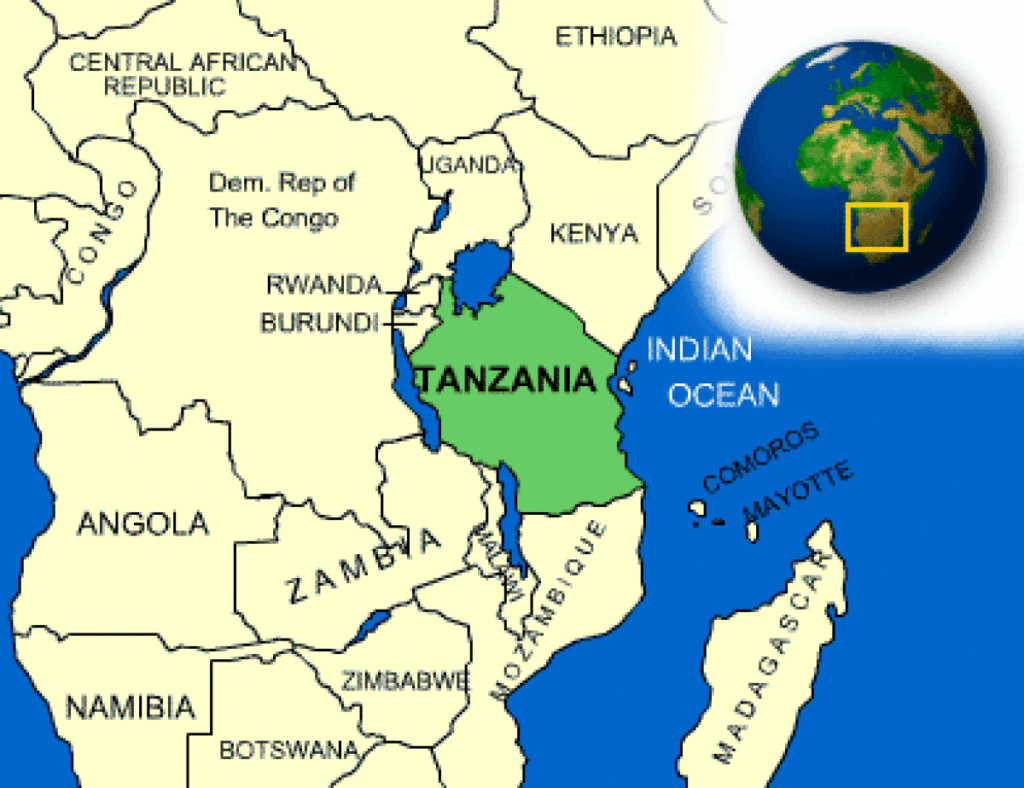
Tanzania is a once-in-a-lifetime destination that offers more than just stunning landscapes. It’s a country where travelers come to witness the incredible rhythm of nature, immerse themselves in ancient cultures, and challenge themselves through life-changing adventures. Whether you’re traveling with kids, your partner, or on your own, here are the top reasons to make Tanzania your next big trip.
Tanzania is synonymous with wildlife. With over 22 national parks, it is home to an extraordinary variety of animals. From elephants and lions to rare black rhinos and tree-climbing lions, every game drive feels like a documentary brought to life.
The crown jewel? The Great Wildebeest Migration, where millions of wildebeest, zebras, and gazelles move through the Serengeti ecosystem in search of greener pastures. This natural spectacle is considered one of the “Seven Natural Wonders of Africa.”
📍 Discover the Best Tanzania Tours & Safaris
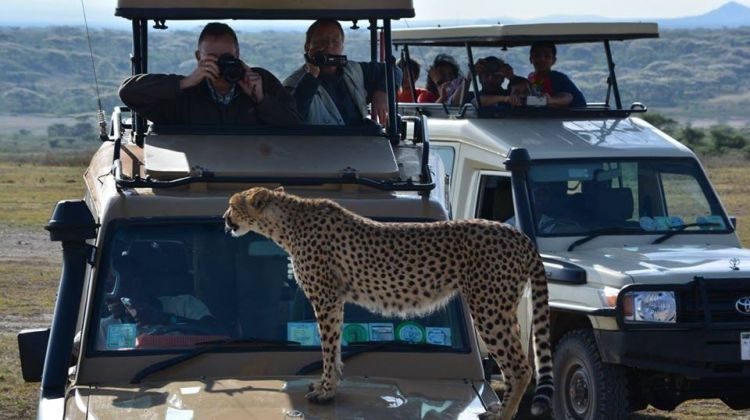
Standing tall at 5,895 meters (19,341 ft), Mount Kilimanjaro is a symbol of pride and perseverance. It’s also one of the most accessible high-altitude climbs in the world — no technical skills required, just determination and preparation.
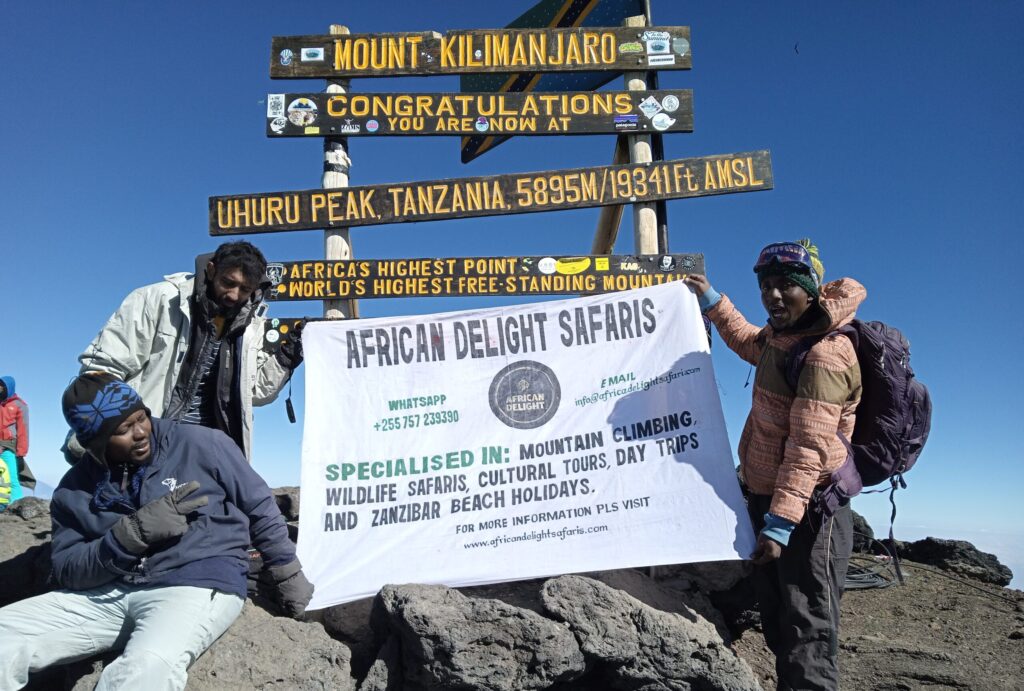
Imagine sipping a cocktail on a white sand beach after your safari adventure. Zanzibar is the perfect place to unwind. With historic Stone Town, spice farms, and clear waters for snorkeling and diving, this tropical island completes your Tanzanian journey.
📍 Top Things to Do in Zanzibar
Tanzania is home to more than 120 tribes, each with its own language, customs, and stories. From learning ancient survival skills with the Hadzabe tribe to visiting traditional Maasai villages, cultural tours provide meaningful connections.
📍 Hadzabe Tribe Tours | Olpopongi Maasai Village
Explore Ngorongoro Crater, Kilimanjaro National Park, Selous Game Reserve (now Nyerere National Park), and Stone Town, all UNESCO listed for their natural and cultural significance.
Tanzania is more than a destination, it’s an awakening
Timing your visit to Tanzania can make the difference between a good trip and a spectacular one. While Tanzania is a year-round destination, the experiences vary greatly depending on the season, especially if you’re planning a safari, climbing Mount Kilimanjaro, or lounging in Zanzibar.
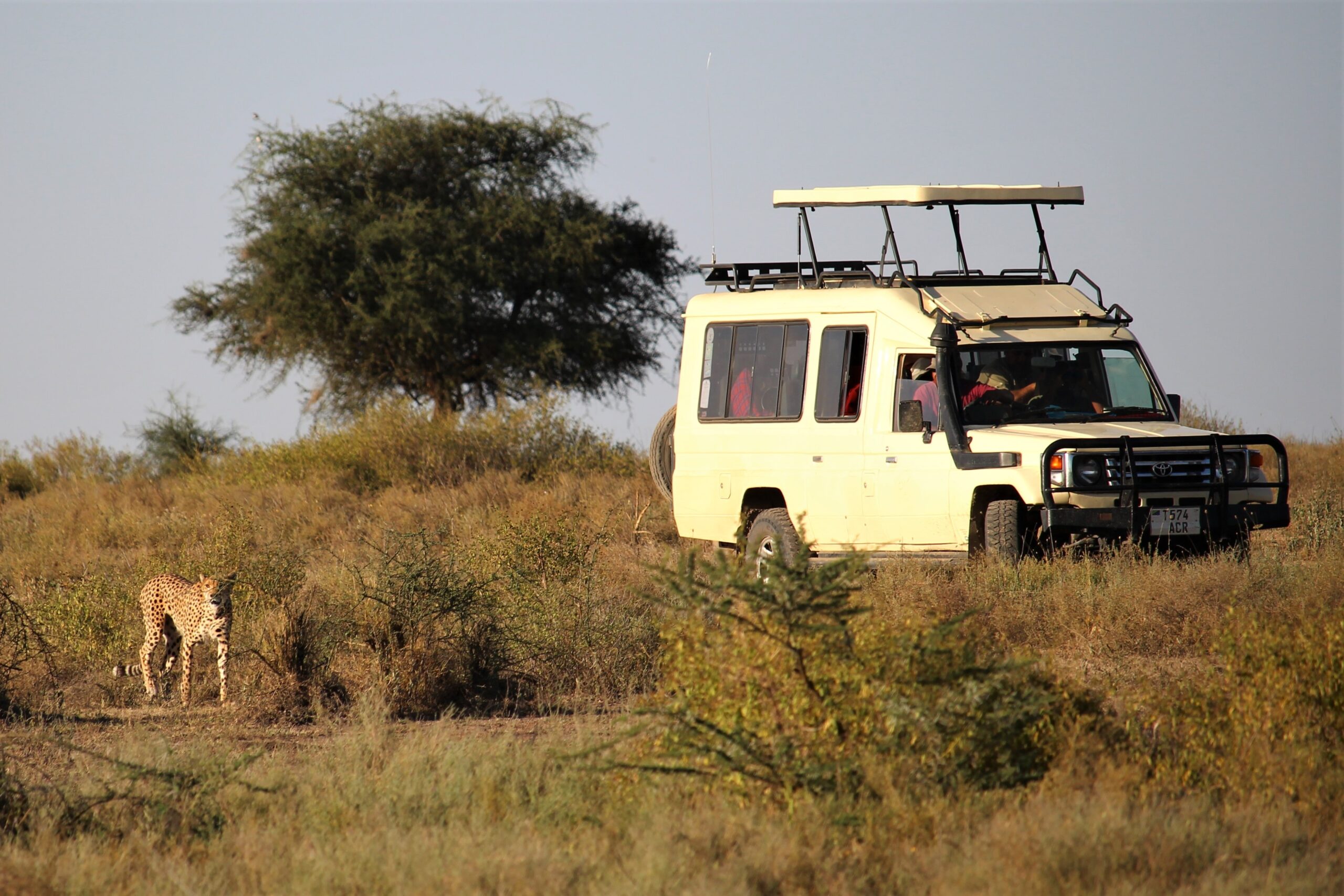
This is Tanzania’s peak travel season. Skies are clear, and wildlife is easier to spot as animals gather around water sources in parks like the Serengeti and Tarangire. It’s also the ideal time to climb Mount Kilimanjaro, with minimal rain and better visibility.
📍 Best Time to Climb Kilimanjaro
📍 Tanzania Safari 2026 – Plan Ahead
There are two rainy periods: the short rains (Nov–Dec) and long rains (March–May). While game viewing can be more difficult during the long rains, this season brings lush greenery and fewer tourists, making it ideal for photographers and budget travelers.
From January to February, you can witness the calving season in the Serengeti — a breathtaking time when thousands of baby wildebeest are born.
Zanzibar is warm year-round. The dry months (June to October and December to February) are perfect for sunbathing, diving, and exploring Stone Town or the spice farms.
📍 Zanzibar Travel Guide
📍 Best Things to Do in Zanzibar
Sauti za Busara (February) – Zanzibar’s famous music festival.
Wildebeest Migration River Crossings – July to September in the Northern Serengeti.
Mount Kilimanjaro Marathon – Held annually during the last week of February in Moshi.
Whether you want action, tranquility, or culture; there’s a perfect season waiting for you
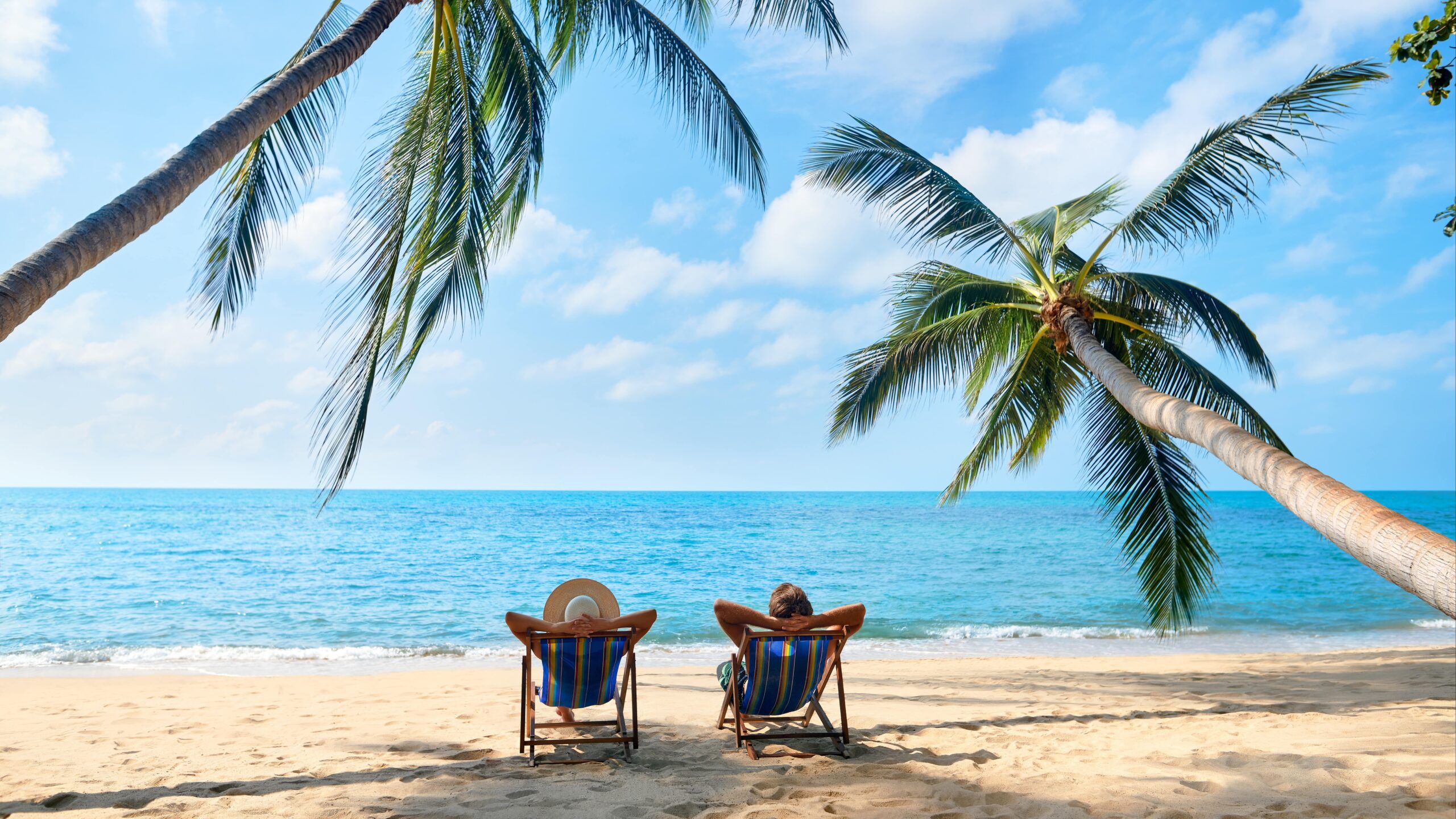
Tanzania’s landscape is a patchwork of epic wilderness, highland plateaus, volcanic craters, coastal beaches, and exotic islands. Here are the top destinations every traveler should consider:
Arguably Africa’s most iconic park, the Serengeti is famous for the Great Migration and its endless plains. You can expect lions lounging under acacias, massive elephant herds, and thrilling predator-prey encounters.
A UNESCO World Heritage Site, the Ngorongoro Crater is a massive caldera teeming with wildlife. It’s one of the few places where you can see all of the Big Five in a single day.
📍 4 Days Tanzania Luxury Safari
Towering above the plains at nearly 6,000 meters, Mount Kilimanjaro is a trekking dream. The journey to the summit takes you through five climate zones — from rainforest to arctic tundra.
📍 Best Time to Climb Kilimanjaro
A blend of Swahili culture, white-sand beaches, and coral reefs, Zanzibar is ideal for both romance and relaxation. Visit Stone Town, go spice touring, or enjoy diving adventures.
Often overlooked, Tarangire is known for its ancient baobab trees and large elephant populations. It’s especially rewarding in the dry season when animals congregate along the Tarangire River.
A small yet biodiverse park, Lake Manyara is home to flamingos, hippos, and tree-climbing lions. Its lush groundwater forest is unique compared to Tanzania’s other parks.
These two towns are gateways to Tanzania’s northern circuit. Arusha is perfect for day trips and cultural visits, while Moshi is the staging area for Kilimanjaro climbs.
📍 Materuni Waterfalls
📍 Chemka Hot Springs
Visit Lake Eyasi to meet the Hadzabe and Datoga tribes. It’s a deeply immersive cultural experience where you can learn traditional hunting and metalworking.
📍 Learn from the Hadzabe Tribe
Often overshadowed by Kilimanjaro, Mount Meru is a challenging and scenic climb — perfect for acclimatization or travelers seeking less-crowded hiking.
Each destination offers a unique lens into Tanzania’s breathtaking natural and cultural diversity. Whether you’re on safari, climbing, or simply exploring — there’s something here for every kind of traveler.
While Tanzania’s national parks and islands are the main attractions, the country’s major cities and regional hubs offer vibrant culture, essential logistics, and unique urban experiences. These cities are ideal starting points for your journey, providing local life, history, and attractions beyond the safari circuit.
Arguably Africa’s most iconic park, the Serengeti is famous for the Great Migration and its endless plains. You can expect lions lounging under acacias, massive elephant herds, and thrilling predator-prey encounters.
📍 Ultimate Guide to Things to Do in Dar es Salaam
Nestled at the foot of Africa’s highest peak, Moshi is the primary staging ground for Kilimanjaro treks. Beyond mountaineering, Moshi offers a relaxed town vibe, scenic highland landscapes, and local coffee plantations. Explore the top things to do in Moshi for travelers seeking adventure and culture.
Nestled at the base of Mount Meru, Arusha is a beautiful, high-altitude Tanzanian city known for its pleasant climate and lively atmosphere. While it functions as the critical hub for travelers heading to the Serengeti and Ngorongoro, the city offers fascinating cultural attractions that make it a worthy destination in its own right.
anga, located near the Kenyan border, provides a quieter northern coastal experience. It serves as a gateway to uncrowded beaches, the Amboni Caves, and the ancient ruins of Tongoni. Tanga is ideal for travelers looking for unique attractions in Tanga and an authentic coastal experience.
Mwanza, Tanzania’s western hub on Lake Victoria, is famous for its granite rock formations, including the iconic Bismarck Rock. It’s a key travel hub for exploring the lake islands and serves as the western gateway to Serengeti National Park. Discover things to do in Mwanza for an unforgettable lakeside adventure.
Located in Tanzania’s scenic Southern Highlands, Mbeya is surrounded by mountains, tea plantations, and cool, refreshing air. It’s a must-visit for overland travelers, highland scenery lovers, and those seeking things to do in Mbeya. Explore the Mbeya travel guide for insider tips on local experiences and attractions.
Tanzania is synonymous with safari, and for good reason. The country is home to some of the most iconic wildlife destinations on Earth, making it a dream come true for anyone hoping to witness the Big Five — lion, leopard, elephant, buffalo, and rhino.
A Tanzania safari through the Serengeti during the Great Migration is one of the most spectacular natural events on the planet, where millions of wildebeest and zebras thunder across the plains in search of fresh grazing. Equally captivating is the Ngorongoro Crater, a UNESCO World Heritage Site teeming with wildlife in an Eden-like setting.
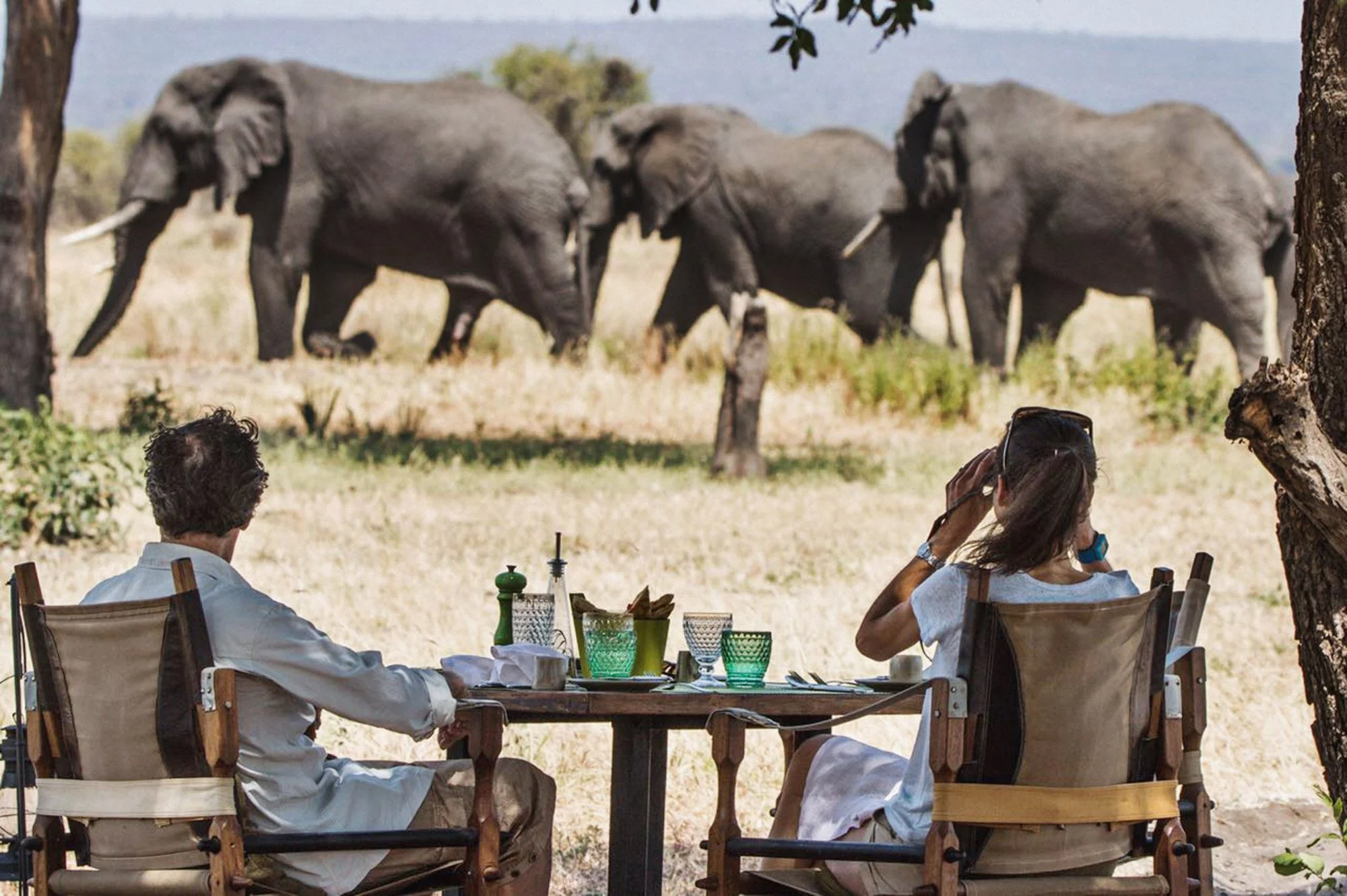
For thrill-seekers and mountaineers, climbing Mount Kilimanjaro is an ultimate challenge. As the tallest peak in Africa, its snow-capped summit lures thousands of climbers each year. Whether you choose the Machame Route, Marangu Route, or Lemosho Route, standing on the Roof of Africa is a life-affirming experience. Solo trekkers are especially welcome, with well-supported packages and essential preparation guides readily available.
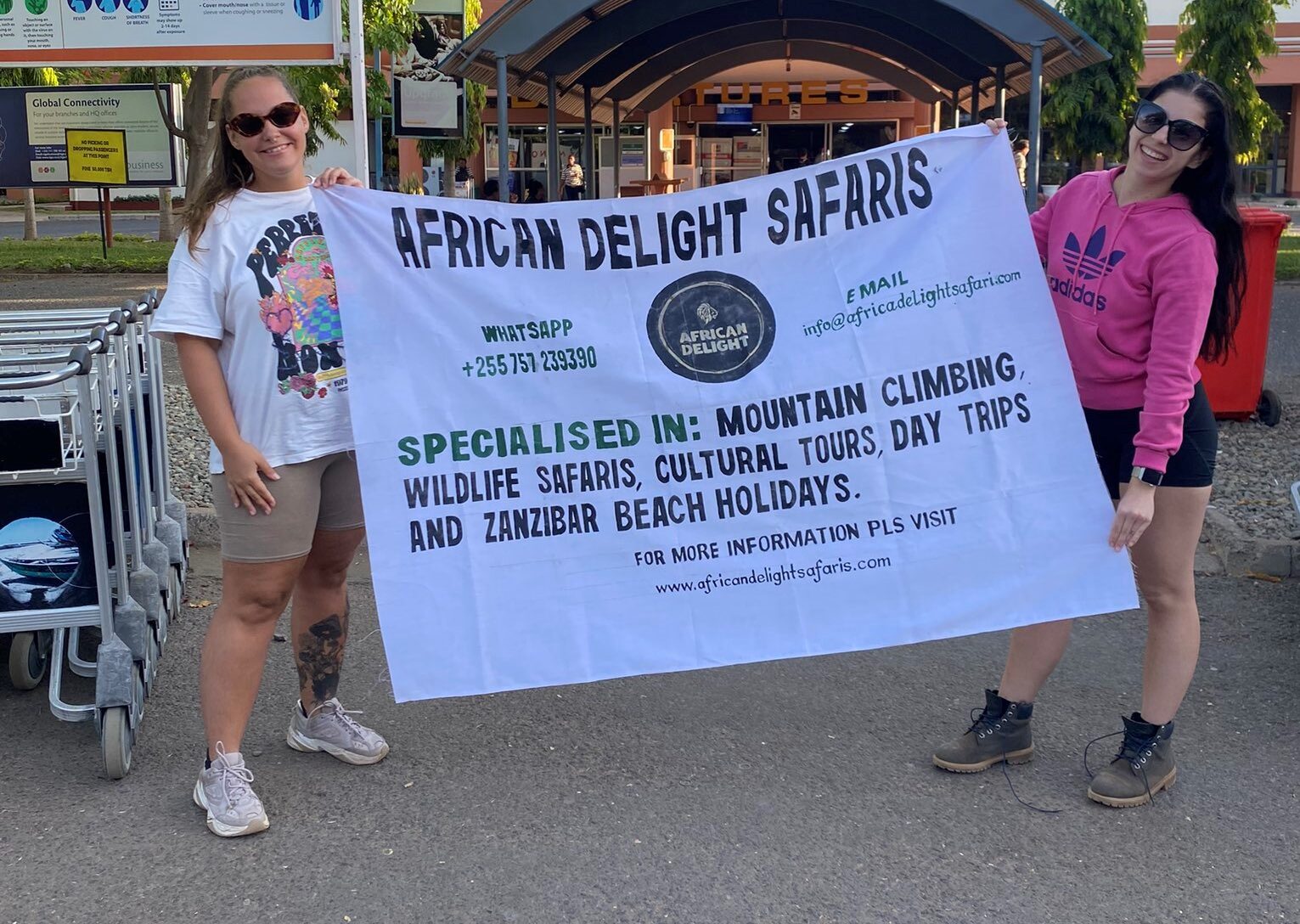
After the dust of the savannah and mountains, few places provide relaxation like Zanzibar. Its white-sand beaches, turquoise waters, and laid-back vibe make it an idyllic getaway. You can unwind on the beaches of Nungwi or Kendwa, dive in Mnemba Atoll, or explore the winding alleys of Stone Town, a UNESCO site rich in Swahili, Arabic, and colonial history. Spice tours, dhow cruises, and snorkeling excursions complete the island’s appeal.
For those eager to engage with Tanzania’s vibrant heritage, cultural experiences are plentiful. Visit the Hadzabe tribe in Lake Eyasi to learn about one of the last remaining hunter-gatherer cultures. Spend a night at Olpopongi Maasai Village to experience authentic Maasai traditions. These interactions, especially when part of a cultural safari extension, offer insight into ways of life that are as compelling as the wildlife.
![]()
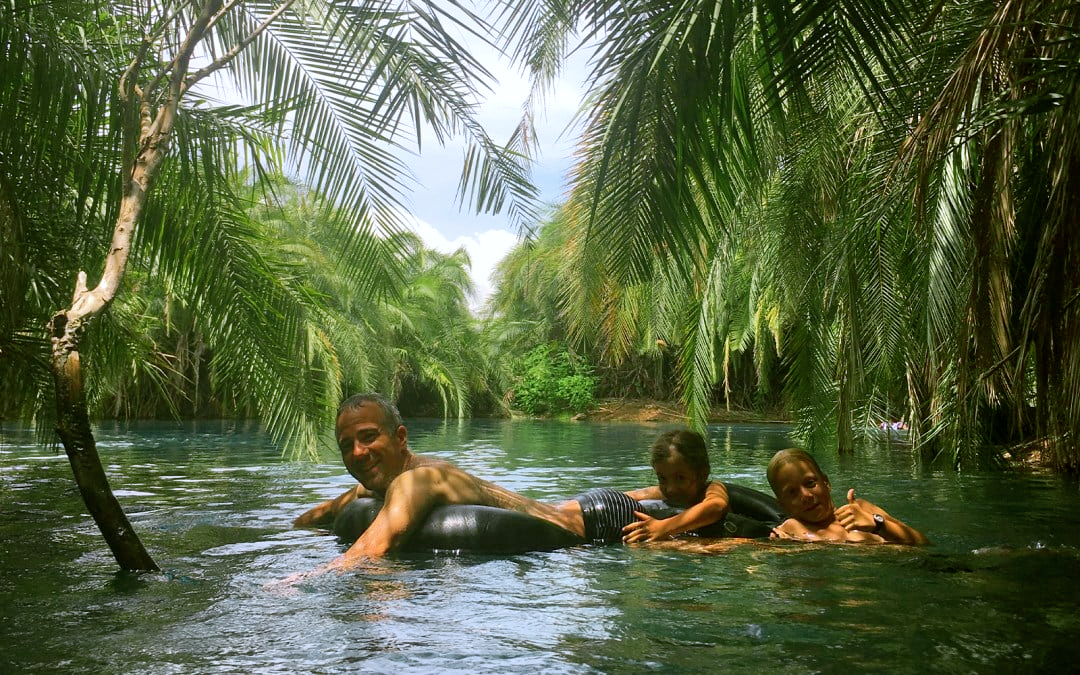
Tanzania also caters to day-trippers and adventurers who want to explore off the main routes. Take a swim at the Chemka Hot Springs, visit the Serval Wildlife Sanctuary for a conservation-focused experience, or hike to the Materuni Waterfalls near Moshi. These hidden gems provide a deeper connection with the land and are ideal for those who crave variety in their itinerary.
Whether you’re here for wildlife, mountains, beaches, or culture, the range of unforgettable things to do in Tanzania is simply unmatched — making it a top-tier destination for all types of travelers.
Traveling to Tanzania is an exciting adventure, but understanding the practical details before you go can make your trip smoother and safer. This section covers essential information on visas, health, money, communication, and transportation to help you prepare effectively.
Most travelers to Tanzania will need a visa, which can be obtained easily either on arrival or through the online e-visa system. It’s recommended to apply in advance to avoid long queues at airports. Your passport should be valid for at least six months beyond your travel dates. Transit passengers usually require a visa unless they remain airside.
Health precautions are important for Tanzania travel. Yellow fever vaccination is mandatory if you are arriving from an infected area, and you should carry your vaccination certificate. Malaria is present throughout much of the country, so taking prophylactics and using mosquito nets are advised. Consult your doctor before traveling for the latest health recommendations.
Ensure you have comprehensive travel insurance that covers medical evacuation, especially if you plan to climb Mount Kilimanjaro. Tanzania is generally safe for tourists, but like any destination, remain vigilant in crowded places and avoid flaunting valuables.
The local currency is the Tanzanian Shilling (TZS). While some lodges and hotels accept credit cards, cash remains king, especially in rural areas and local markets. ATMs are available in major cities like Dar es Salaam, Arusha, and Moshi, but always carry some cash for remote destinations.
Currency exchange is straightforward at banks and official bureaus, but avoid street exchangers. For budgeting, Tanzania can be affordable but costs vary widely based on your style of travel from budget camping safaris to luxury lodges.
Swahili is Tanzania’s national language, but English is widely spoken in tourist areas, lodges, and cities. Learning a few basic Swahili phrases will enhance your experience and endear you to locals.
Purchasing a local SIM card is simple at airports and towns. Providers like Vodacom and Airtel offer good coverage and affordable data packages. Wi-Fi is common in hotels and cafes, though speeds may vary, especially outside urban centers.
Most international flights arrive at Julius Nyerere International Airport (Dar es Salaam) or Kilimanjaro International Airport near Arusha. Zanzibar has its own airport with connections to the mainland.
Domestic flights between major hubs and to Zanzibar can save time and are offered by several airlines. For local transport, dala-dalas (minibuses) are common but can be crowded and slow. Taxis and private hires offer more comfort and safety, and guided tours typically arrange all transfers. Self-driving is possible but requires careful planning, as road conditions vary. Many travelers prefer guided safaris for ease, safety, and expert knowledge.
Tanzania offers a wide variety of accommodation options that suit every budget and travel style from rugged adventurers to luxury-seeking honeymooners. Whether you’re deep in the Serengeti, climbing Mount Kilimanjaro, or lounging on the beaches of Zanzibar, there’s a perfect place to stay that enhances your experience.
For travelers embarking on a safari, staying in luxury lodges or tented camps inside national parks offers an immersive experience in nature. These accommodations range from ultra-luxurious properties with private plunge pools and gourmet dining, to more rustic yet comfortable mid-range safari lodges.
For example, many of our Serengeti migration safaris include stylish mobile camps that move with the wildlife, allowing you to witness the Great Migration from your tent doorstep. In Tarangire, Lake Manyara, and Ngorongoro, lodges often feature panoramic views and proximity to wildlife-rich areas.
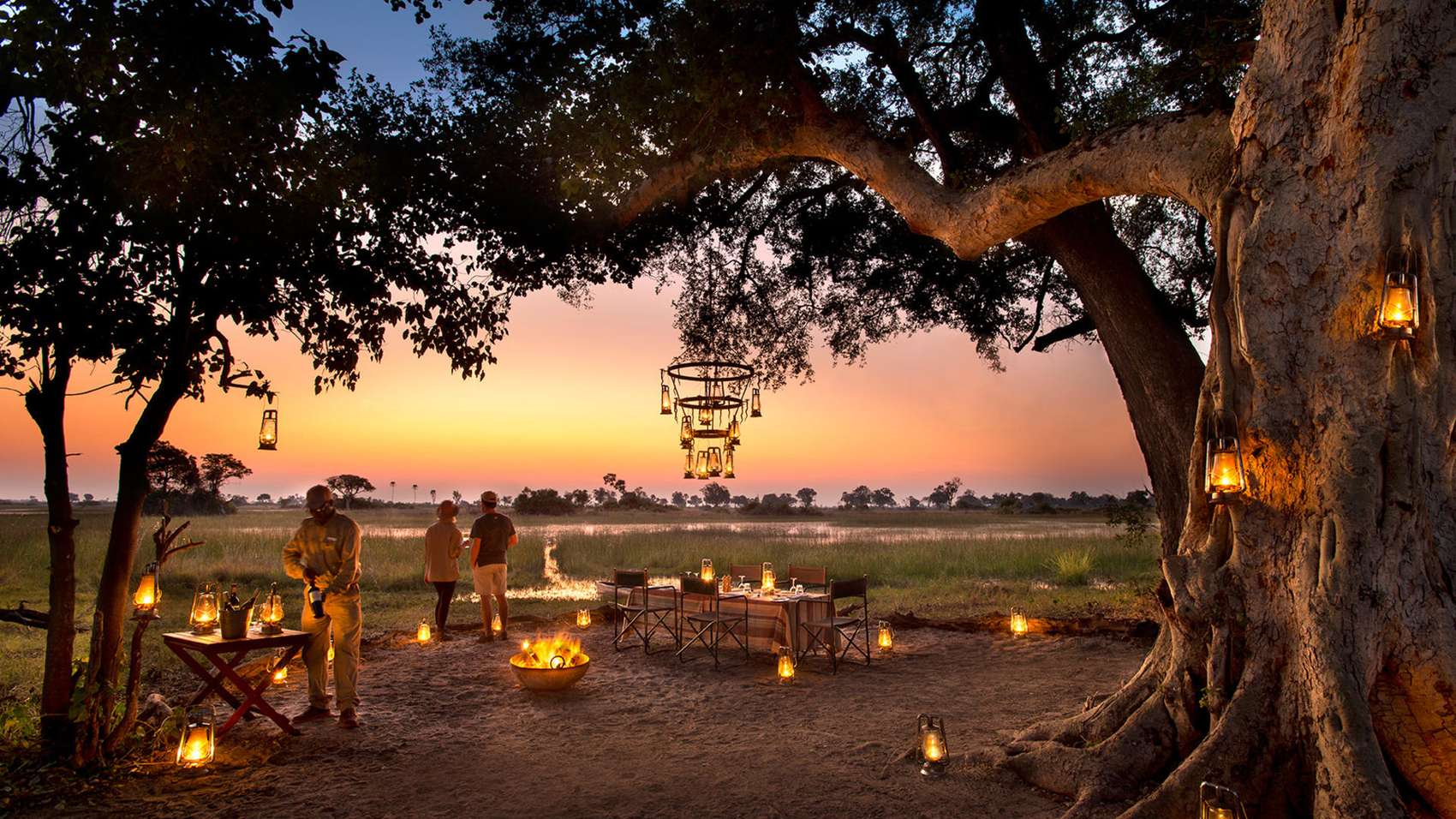
Backpackers, budget travelers, and adventurous souls will find plenty of affordable places to stay. Tanzania has hostels, local guesthouses, and basic lodges, especially in towns like Arusha and Moshi. If you’re planning to climb Kilimanjaro or Meru, you can find budget-friendly base accommodations or join a guided group with inclusive stays.
Camping safaris are also popular allowing guests to sleep under the stars at well-equipped public or special campsites. Our 7-day camping safari is a great example of combining adventure with affordability.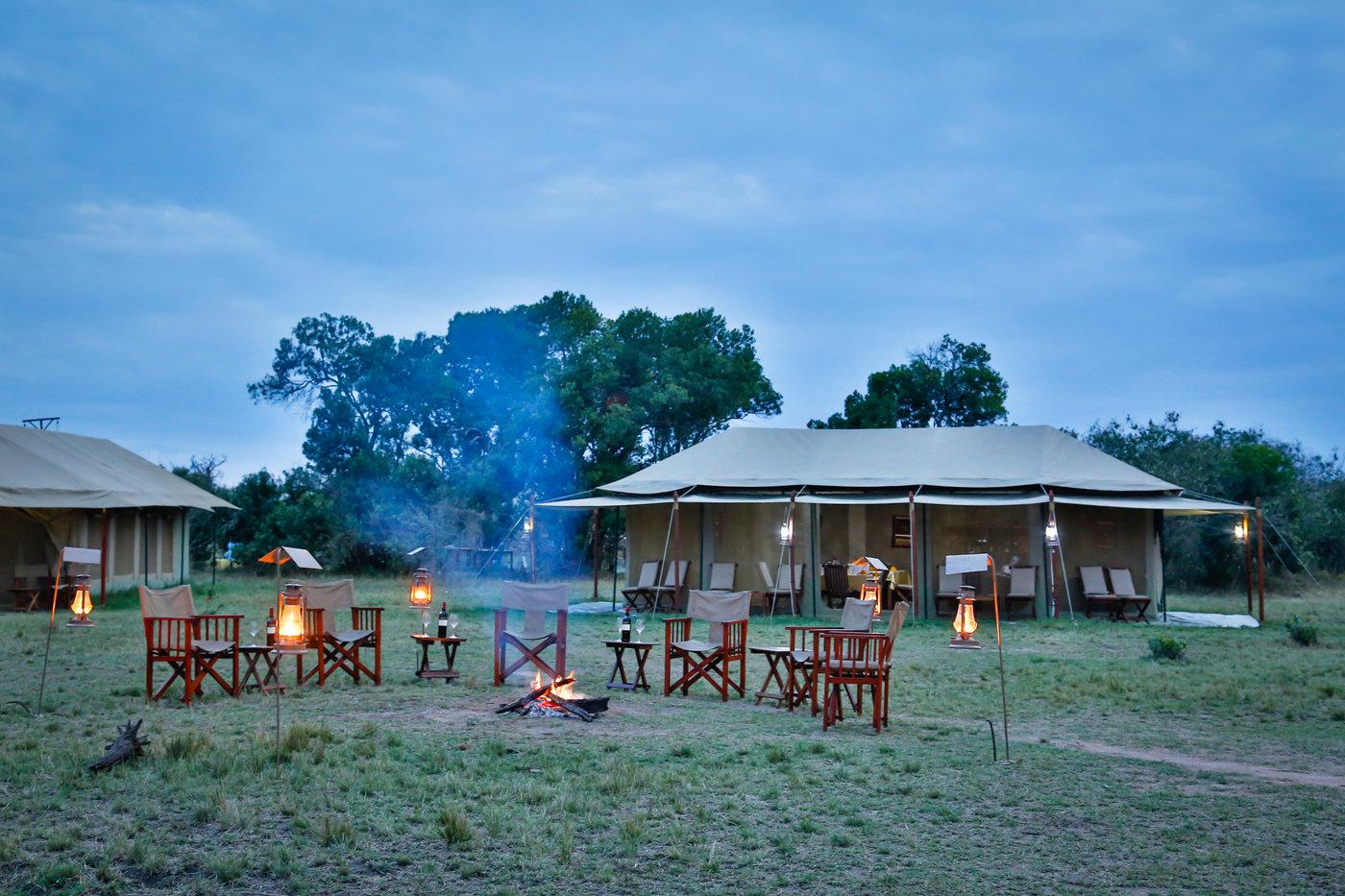
On the coast, accommodation becomes more relaxed and romantic. Zanzibar is home to world-class resorts, boutique beachfront hotels, and charming eco-lodges. Whether you’re after a romantic honeymoon escape or a family-friendly holiday, areas like Nungwi, Kendwa, and Paje have something for everyone.
If you’re heading to Stone Town, you’ll find stylish hotels in restored historic buildings. Beach lovers can explore top things to do in Zanzibar and then relax in ocean-view suites with swaying palm trees.
It’s advisable to book accommodations in advance, especially during peak travel months (June–October, December–February). Platforms like Booking.com and Expedia offer wide options, but for safaris and mountain climbs, booking with a local operator like African Delight Safari ensures a seamless, personalized experience.
Make sure to check for amenities like hot showers, Wi-Fi, or power outlets, as they may be limited in remote areas. Also, always confirm whether meals and park fees are included in the price.
Tanzania is a country of warmth, hospitality, and deep cultural heritage. Understanding local customs and behaving respectfully will not only enrich your experience but also help you build authentic connections with the people you meet. Here’s what you need to know about etiquette and cultural sensitivity when visiting Tanzania.
Tanzanians are generally polite, modest, and reserved values deeply rooted in both Swahili and tribal traditions. When interacting with locals, especially in rural or traditional communities, greet people with a friendly “Jambo!” or “Shikamoo” (a respectful greeting for elders). Greetings are important and often include handshakes.
Avoid public displays of affection, particularly in conservative Muslim areas like Zanzibar, where modest dress is also appreciated covering shoulders and knees when walking through towns or villages. If visiting places like the Olpopongi Maasai Village or the Hadzabe tribe, always follow your guide’s advice on cultural norms and photography.
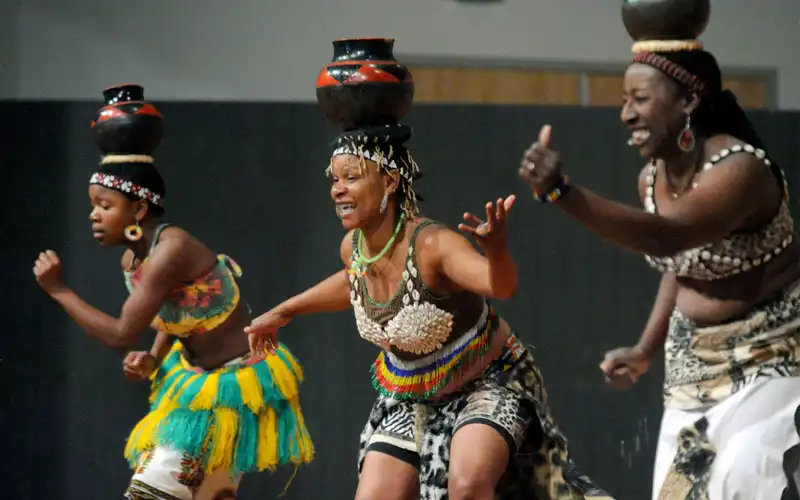
Tanzania offers stunning photo opportunities — from majestic wildlife to vibrant street life. However, always ask for permission before photographing people, especially in local markets or traditional settings. Some tribes, like the Maasai or Hadzabe, may request a small tip for photos, and it’s courteous to honor this.
Military sites, airports, and government buildings should never be photographed.
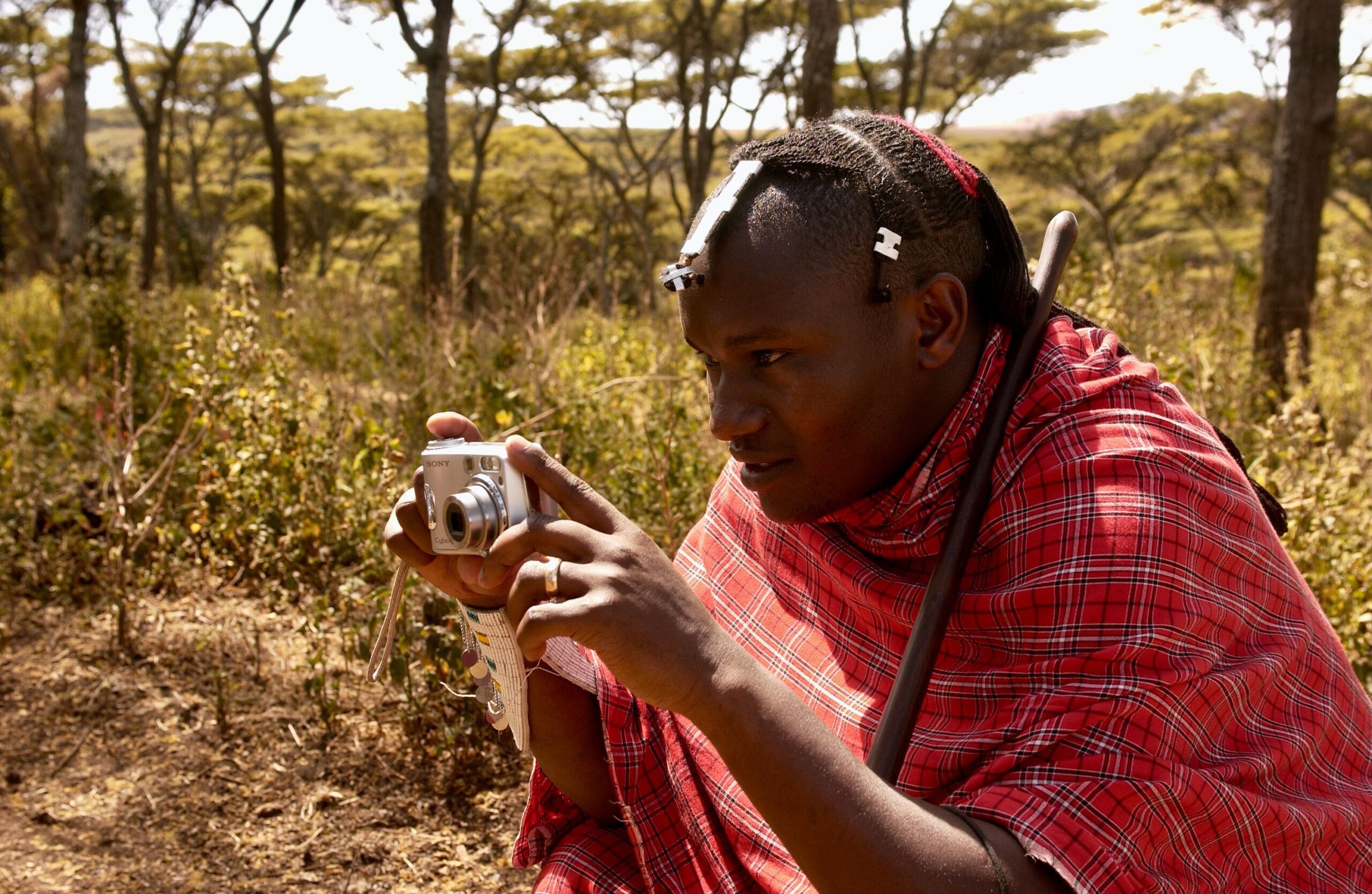
Tipping is customary in Tanzania and a meaningful way to show appreciation for good service. For safari guides, porters, and trekking crews, structured tipping is expected and often discussed before or after the trip.
You can find detailed guidance in our Kilimanjaro Tipping Guide and Tanzania Safari Tipping FAQ, which explain fair amounts for each role. Tipping is best done in Tanzanian shillings or USD.

In local markets and souvenir stalls, bargaining is common and even expected. Start with a lower offer and negotiate politely. This is not the place for aggressive haggling — humor and friendliness go a long way.
High-end shops and fixed-price stores typically do not allow bargaining. If you’re interested in supporting responsible tourism, look for cooperatives or fair-trade markets that benefit local artisans. Learn more in our post on Responsible Tourism in Tanzania.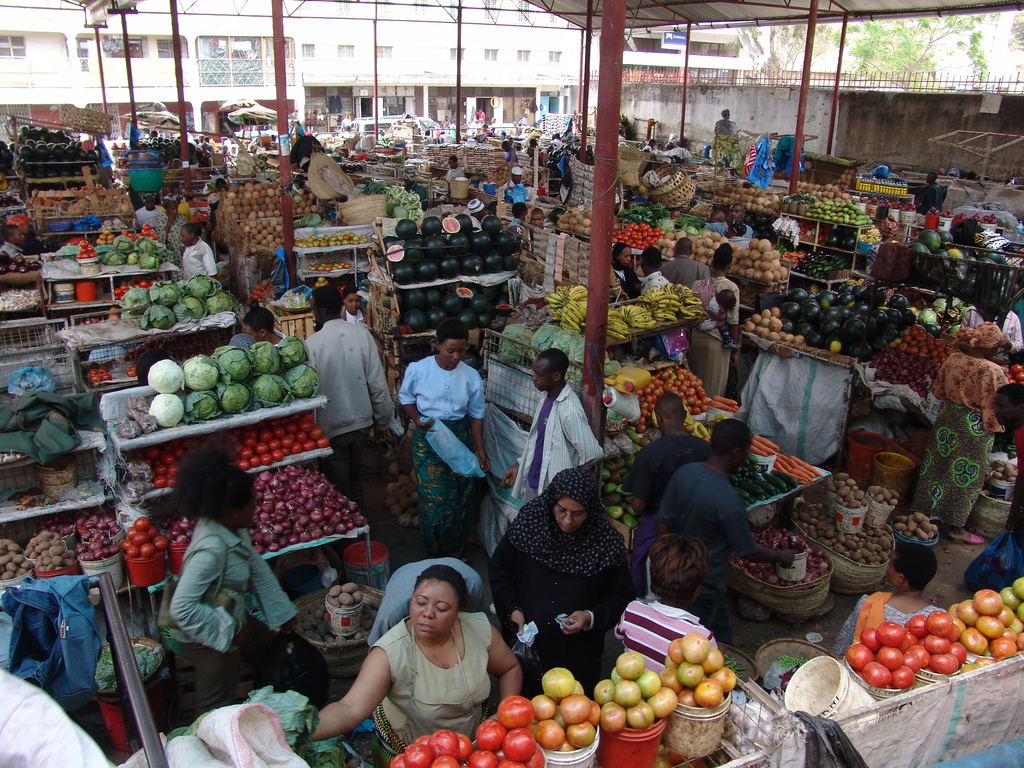
Traveling responsibly means respecting both nature and culture. Avoid single-use plastics, do not litter, and follow your guide’s instructions during safaris to minimize impact on wildlife. If you’re hiking Mount Kilimanjaro or exploring remote parks, ensure you’re with operators who practice Leave No Trace principles.
Many visitors also choose to give back through local NGOs or community programs. Rather than handing out cash to children, consider donating through reputable channels or supporting tours that reinvest in their communities.
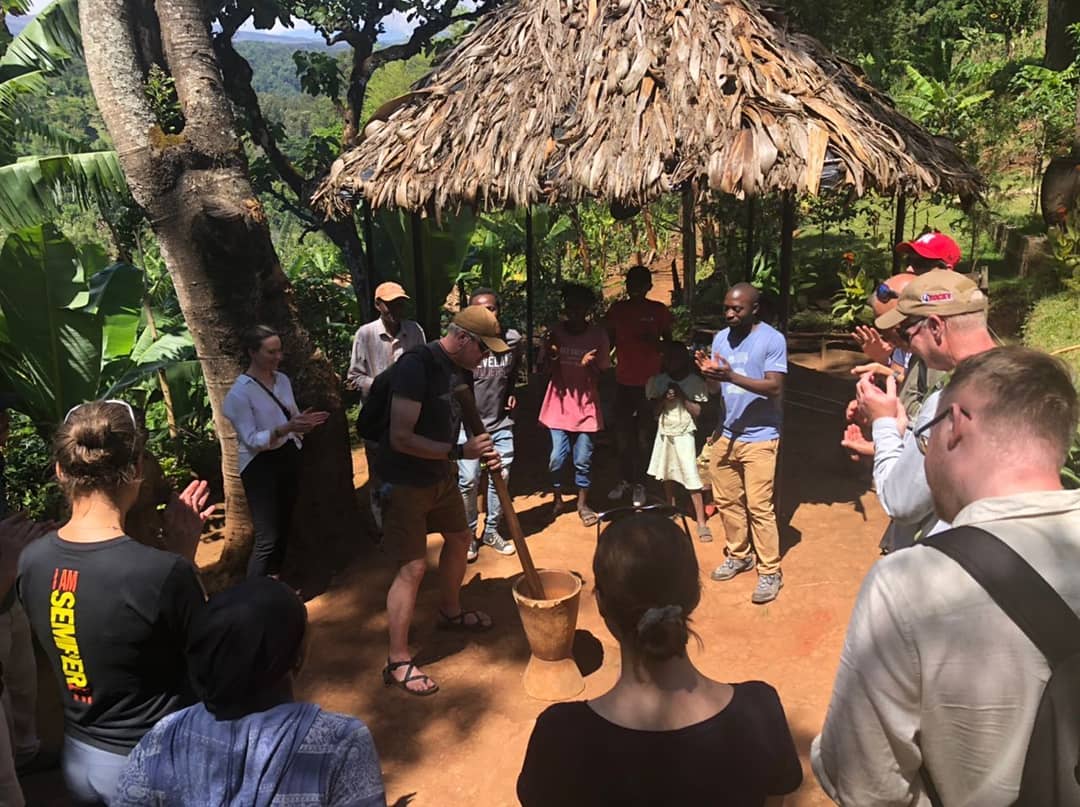
Planning a trip to Tanzania should feel like the beginning of something extraordinary — not overwhelming. Whether you’re dreaming of lions on the savannah, standing atop Africa’s highest peak, or watching the sunset over Zanzibar’s turquoise waters, African Delight Safari is here to help you make it real.
Not sure where to begin? Browse our curated trip categories to match your travel style:
🎒 Adventure Seekers: Mountain Hiking, Ol Doinyo Lengai, Camping Safaris
👨👩👧👦 Family-Friendly: Safari with Kids, Materuni Waterfalls, Day Trips
💕 Romantic Escapes: Tanzania Honeymoon Safaris, Zanzibar
🧗 Kilimanjaro Climbers: Kilimanjaro FAQ, Best Time to Climb, Climbing Routes
Or visit our Blog for insider tips, cultural guides, and seasonal travel advice.
Still feeling unsure? That’s exactly why we’re here.
Our team lives and breathes Tanzania — we know what’s worth seeing, when to go, and how to make every moment count. Reach out any time and we’ll help:
Build a custom itinerary tailored to your travel dates, style, and budget
Choose the right safari package, Kilimanjaro route, or beach extension
Prepare for the trip with packing lists, insurance, and safety advice
📩 Contact Us Now — we’re happy to help within 24 hours.
When you travel with African Delight Safari, you’re choosing:
✅ A licensed Tanzanian-owned tour operator
✅ Fair wages and ethical travel practices
✅ Decades of combined guiding experience
✅ Seamless travel from arrival to departure
✅ 24/7 support before and during your trip
Your journey is more than a vacation — it’s a connection to one of the most vibrant places on Earth. And it starts here.
👉 Get in touch now or explore our Tanzania safari packages and Kilimanjaro tours to get started!
We’ll help you customize your own itinerary for a once in a lifetime adventure in Tanzania.